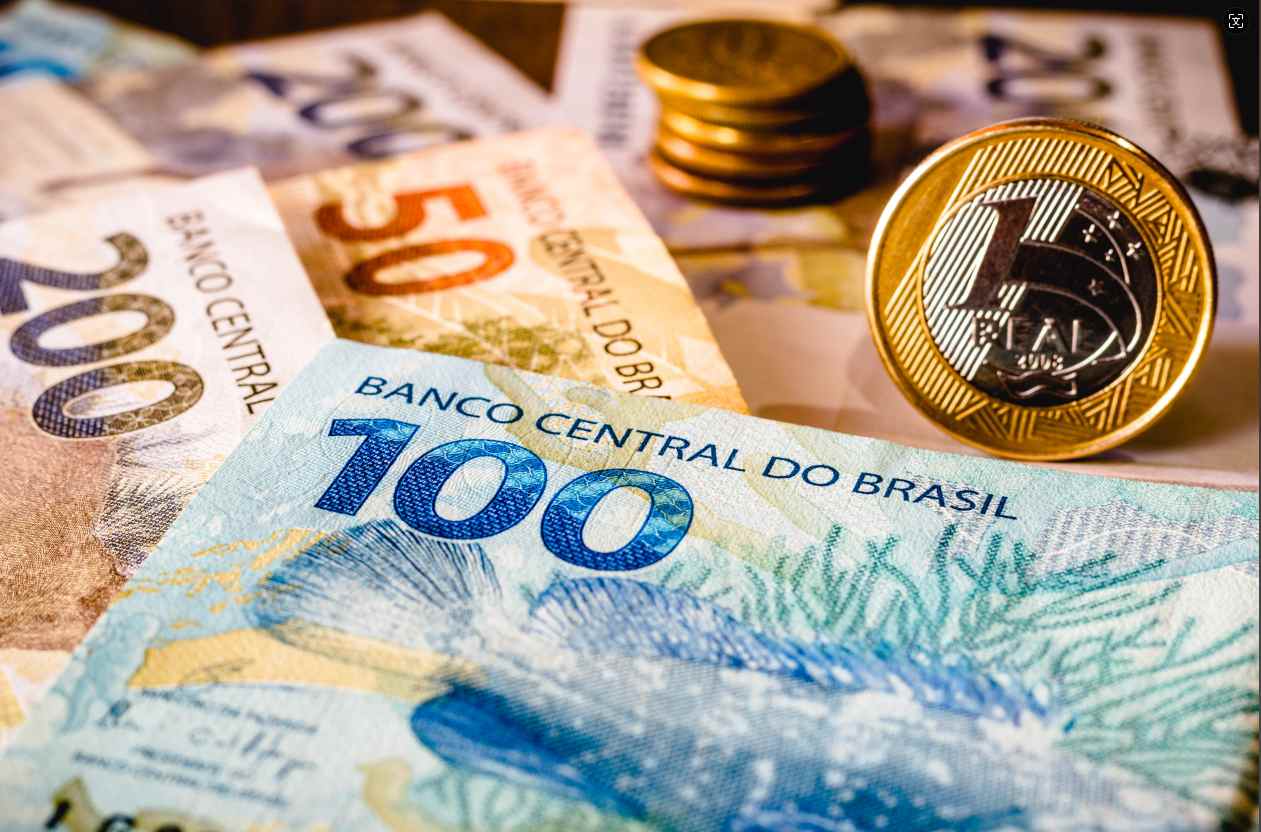Governo russo dá luz verde para alterações na legislação tributária sobre transações criptográficas

O governo russo aprovou um projeto de lei revisado que visa regular a tributação de transações criptográficas. Os rendimentos gerados pela negociação de criptografia serão tributados a uma alíquota máxima de 15%. A alíquota está alinhada com o imposto sobre transações de títulos de renda. O projeto de lei que foi inicialmente apresentado em dezembro de 2020 será finalizado logo após a eliminação de um obstáculo crucial.
O Ministério das Finanças anunciou que a nova lei fiscal reconhecerá a moeda digital como propriedade para efeitos fiscais. A decisão do governo russo de isentar as transações criptográficas do imposto sobre valor agregado (IVA) teve como objetivo encorajar a adoção da criptografia. De acordo com comunicado do Ministério das Finanças, o projeto de lei alterado também introduziu regras para a tributação de receitas e despesas de mineração de criptografia. As regras abrangerão também a compra e venda das moedas digitais extraídas, bem como as responsabilidades dos operadores de infraestruturas mineiras relacionadas com o controlo fiscal.
O Ministério das Finanças da Rússia aperta o cerco aos impostos criptográficos ao aprovar alterações na legislação tributária
O MARTELO IMPOSTO DA RÚSSIA ATINGE A CRIPTO: AQUI ESTÁ O BAIXO
O Ministério das Finanças da Rússia está planejando um imposto de renda pessoal de 15% sobre ganhos criptográficos, aplicado até mesmo aos lucros da mineração.
Tokens extraídos? Tributados pelo valor de mercado quando chegam à sua carteira.
E a criptografia agora é considerada “propriedade”, então não… pic.twitter.com/JcPpF9LNUA
— Mesa Redonda de Mario Nawfal (@RoundtableSpace) 19 de novembro de 2024
The Russian government passed amendments to the bill on the taxation of income and expenditure from the mining, purchase, and sale of crypto. The new rules designed to bring crypto under a clearer tax framework have been stalled for several years. Under the new legislation, digital currency will now be defined as property for taxation purposes.
Income derived from crypto mining will be subject to income tax based on its market value at the time it is received in a wallet. In this case, the crypto’s closing price on major exchanges that particular day. Miners will, however, be allowed to deduct mining-related expenses such as hardware depreciation and electricity costs. The Russian government also decided to exempt crypto transactions from VAT to encourage the adoption of digital currencies. Importantly, income from crypto transactions and income from securities transactions will be under the same tax bracket with a maximum rate of 15%.
The bill that was introduced to parliament in December 2020 and passed in the first reading in February 2021 will soon be finalized to provide a predictable tax framework.
Miners to submit information to the government under the new tax law
Operators of crypto mining infrastructure will be required to report all service provision data to the Federal Tax Service (FTS). Failure to report or missed deadlines will lead to a $417 (40K rubles) fine. The FTS will use this data to monitor and assess taxes as well as to ensure compliance with the new tax laws.
The Finance Ministry said that discussions with businesses resulted in a decision that balanced the interests of the industry and the state. The fair approach is aimed at promoting innovation and growth in the crypto space.
Individual entrepreneurs and institutions will only be allowed to mine digital currencies after their official inclusion in the Federal Tax Service’s special register. However, individuals not listed in the special register as ‘individual entrepreneurs’ will be allowed to mine crypto as long as they do not exceed the six thousand kWh per month limit.
From Zero to Web3 Pro: Your 90-Day Career Launch Plan







